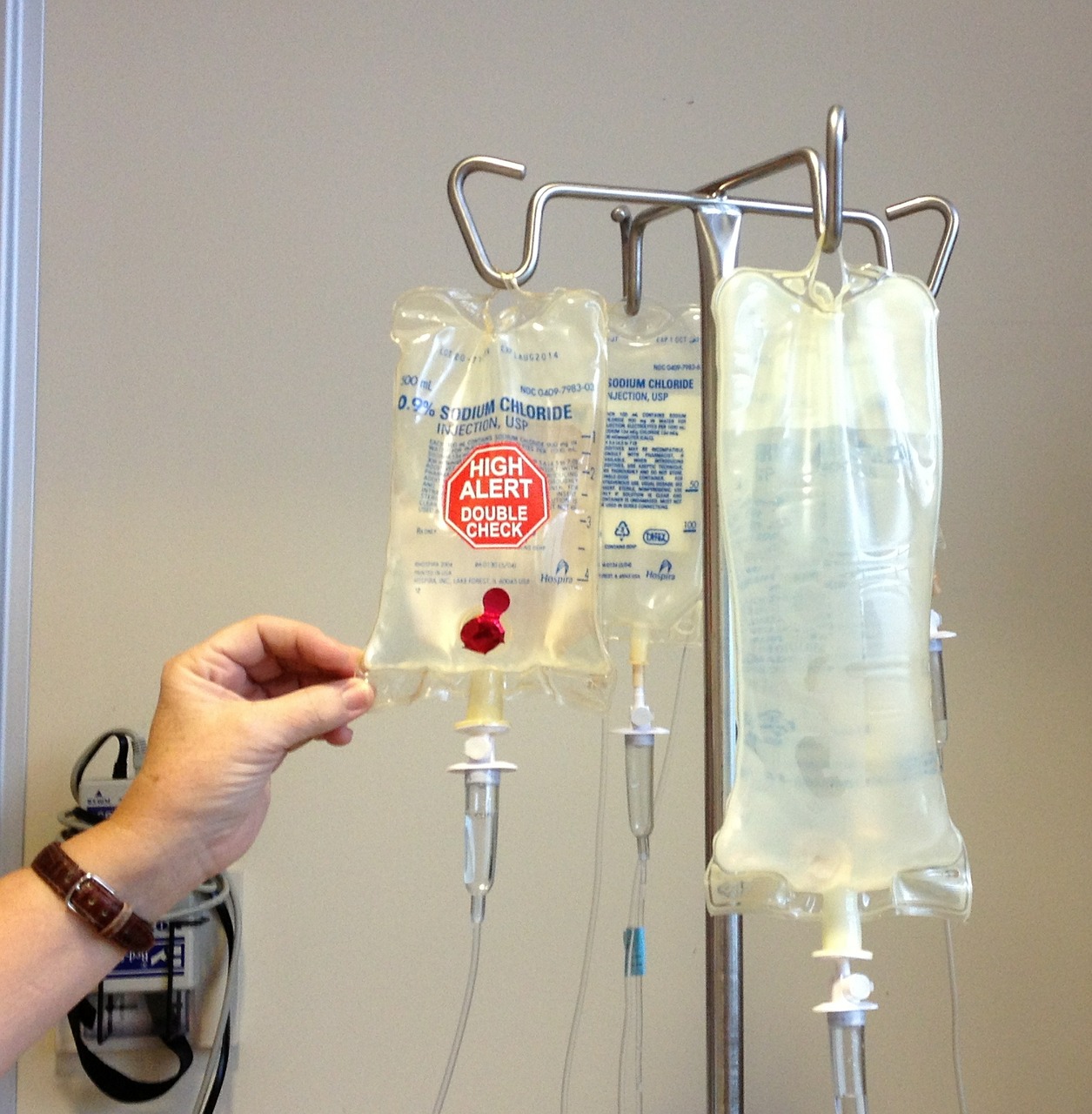What Is a Leaky Gut? Symptoms, Causes and Fixes
We often get asked why we speak about gut health all the time. Because your gut is the epicenter of good health. It influences neurotransmitter production, digestion, and metabolism and contributes to energy homeostasis (energy inflow and outflow), too.
Most metabolic, autoimmune, and cognitive diseases start with gastrointestinal disturbances or imbalances because 70 to 80% of your immune cells reside in your gut.
Your gut houses trillions of microbes, fungi, and many other organisms – both good and bad. The real issues begin when there is an imbalance in the ratio of these microbes – your bad bacteria outnumber good bacteria.
Today millions of people are dealing with poor gut health. One condition that often comes up in this conversation is a leaky gut.
What is a leaky gut?

Think of the gut like a fish net made of thin mesh. Under normal circumstances, this mesh allows the easy exchange of nutrients, enzymes, and hormones. It also keeps disease-causing bacteria and toxins out. But when you constantly make unhealthy food choices, your gut is left with no choice but to process and digest it. It slowly begins damaging the net by increasing the space between the mesh, now allowing even bigger protein or undigested food particles to cross the gut barrier and enter your bloodstream.
Your body does not recognize these substances. It looks at it as foreign matter and begins attacking itself. When your own immune system attacks your tissues, it leads to autoimmune conditions.
The bigger the spaces between the gut net or your intestinal walls, the higher the chances of inflammation. These undigested food particles reach your large intestine, outnumber good gut bacteria and lead to the overgrowth of candida, parasites, fungus, and undesirable bacteria.
When you have a leaky gut, you do not produce enough digestive enzymes can negatively affect your digestive health. It can cause nutrient malabsorption and lead to deficiencies, a weak immune system, and hormonal imbalances.
Symptoms to look out for in leaky gut include:
- constant bloating
- diarrhea
- constipation
- colic joints
- allergies
- burning sensation in the gut
- indigestion
- low energy levels and more.
Left untreated, it makes you vulnerable to migraines, chronic fatigue, and a host of autoimmune conditions (inflammatory bowel diseases, Hashimoto’s, Ankylosing Spondylitis, rheumatoid arthritis, eczema, psoriasis, fibromyalgia, and so on)
Quickest ways to fix your leaky gut

- Identify and eliminate triggers. Maintain a food log. Check what triggers your gut. Is it gluten, dairy, sugar, caffeine, alcohol, meat, or nightshade foods (Tomatoes, potatoes, eggplant, peppers, and so on)? Eliminate them. For some, this might be a temporary change until the gut heals while for others it could be for a lifetime depending on how weak your gut is. Many of these foods are hard for your gut to digest and can weaken your intestinal walls. So make an informed choice.
- Avoid genetically modified foods completely. These wreck havoc in your gut. Maintain a good pH balance with the right combination of acidic and alkaline foods. Add natural gut healers like foods rich in omega 3, zinc, L-glutamine, and selenium to strengthen your intestinal lining. Shop for sustainable and ethically sourced groceries and staples here.
- Get that fiber in your diet to feed and populate your good gut bacteria, but do not overdo it. Eating too much will irritate your gut lining and intestinal walls. If you are eating balanced meals, you will get the fiber you need in the raw fruits and veggies. Your fiber intake can range between 30 to 35 grams depending on your diet, size, weight, and so on.
- Add good quality probiotics and prebiotics to your meals. These will get rid of the bad bacteria and increase the population of good bacteria. Before you spend money on buying supplements, look at natural sources.
- Prebiotics:
- These are equally important because they feed the good bacteria for your probiotics to work. A probiotic cannot work alone. A prebiotic is usually taken 30 minutes before a meal.
- Rich natural sources of prebiotics include garlic, onion, apples, bananas, oats, cocoa powder, flax seeds, wheat bran, and so on.
- Apple cider vinegar is a great prebiotic drink to improve your gut health. Take a tablespoon of ACV with mother culture and a teaspoon of isabgol or psyllium husk in a glass of water. Mix and have this 30 minutes before your main meals.
- Probiotics:
- If you’re not dairy intolerant – yogurt and buttermilk are fantastic. But ensure it is ethically sourced. Other rich probiotics include sauerkraut, kaffir, kombucha, kimchi, pickles, etc.
- Check out this powerful homemade probiotic. All you need to do is take a tablespoon of cooked white rice. Cool and store it in a clay pot overnight soaked in water. The following morning, have a spoon of this on an empty stomach.
- Prebiotics:
- Bad news for coffee lovers
For a week or 10 days go off coffee because it depletes your good bacteria if you already have a gut problem. If you do not have a problem you can enjoy your regular 1 or 2 cups. But it is advised to go off all caffeine and stimulants and replace them with natural teas and fusions while healing your gut. - Check if you have candida overgrowth (bad bacteria overgrowth) and address it. What are some signs to look out for? If you have SIBO (small intestinal bacterial overgrowth) where your tongue in the morning has a thick yellow coating – it is candida. Women who have vaginal thrush or constant discharge – it could be candida. If you constantly feel bloated, this too could be a sign of candida. A candida cleanse can help. Download your FREE copy of our step-by-step Candida Cleanse here.
- Avoid overdependence on antibiotics and antacids, unless your health condition demands it. If you are taking antibiotics, add pre and probiotics to replenish your good gut bacteria.
- Stress can delay the healing of the gut. For instance, gut conditions like IBS and anxiety have a direct correlation. The more anxious you are, the more times you will pass stools. Similarly, your stress levels also impact your appetite. Your gut and your brain are connected with 12 cranial nerves and are constantly communicating. Your gut is known as the enteric nervous system (ENS) or the second brain of the human body. This is one of the reasons why treating depression, anxiety, and other mental health conditions also involve a gut protocol. So, learn to manage your stress.
- Find ways to relax. Whether it is a good night’s sleep, meditation, pranayama, yoga, engaging in a hobby, dancing, swimming, trekking, nature trails, walks, positive affirmations, acceptance, and letting go. Do whatever helps calm your anxiety and keeps your cortisol levels in check.
- Movement is medicine when done the right way.
When you are sedentary, you do not have the right amount of blood flow to carry nutrients from your food to the trillions of cells. This can lead to deficiencies in the long run. The best way to boost your blood circulation is movement. So move, move and keep moving. - Digestion begins in the mouth. So, chew every bite. The more you chew your food, the fewer acids your body needs to produce. Chewing your food mindfully also helps you produce more enzymes that break down your food into easily digestible particles before sending them to your small intestine. This ensures that you assimilate and absorb nutrition from the food even better.
Some people may need prescribed digestive enzymes if their bodies are highly acidic, diabetic, and unable to produce enough insulin due to poor pancreatic health. Their bodies are unable to break down carbs, proteins, and fats the right way. This can put immense stress on their digestive system. So, yes, certain people may need digestive enzymes to heal leaky gut. But it should only be done under professional guidance.
Remember, the human body already has the intelligence to do everything the right way. We need to stop looking for complicated solutions and move to simplicity. Stop doing what is damaging the gut. If your gut is damaged, repair it by making these simple lifestyle changes. Let me know how these worked for you in the comments.
ALSO WATCH: Episode 414 – Natural Ways to Deal with Gut Issues like Leaky Gut
Struggling with your gut health? Set up a one-on-one consultation with our Gut Health experts by calling 18001020253 or writing to us info@lukecoutinho.com. Know more about our Gut Health Program under You Care Wellness here.
(An earlier version of this article appeared in Indulge by Indian Express)
RELATED READINGS
How To Build Good Gut Health?
A Cup of Tea for Better Bone, Gut, Brain, and Heart Health
Top 5 Tips For Your Child’s Gut Health
The Incredible Benefits Of Overnight Soaked Oats
|
From a pimple to cancer, our You Care Wellness Program helps you find a way Talk to our integrative team of experts today 18001020253 |








Comments (6)
Ur doing a great job.god bless u
Thank you Saikat 🙂
Thank you so much Luke 🙏🏻❤️
Most welcome 🙂
Thank you so much for your help ❤️
Most welcome, Nasreen 🙂